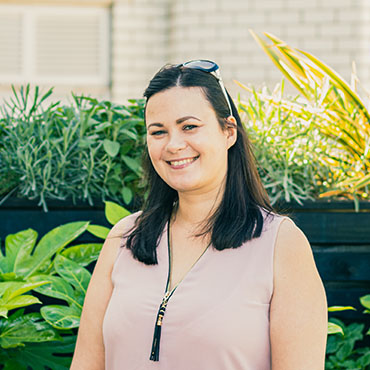When you have survived a brain injury, been sent home from hospital and put any form of work commitments on hold, people seem to expect you to just enjoy the time off. Of course, to begin with, it’s a relief not to have to worry about work, but that feeling is only short-lived. As time goes on, the reality of how long the road to recovery is sets in. As does depression.
In our modern lives, we are used to be being able the measure virtually everything: time, cost, distance, responses, even popularity. That’s why it feels so difficult when no one can tell you when you will be able to get your life back on track. The implications of not being able to work can be massive, particularly when it comes to the practical things like balancing the household’s finances. Where once we had things to look forward to, days out, holidays, Christmas or just having a catch up over a coffee in town, these things suddenly can be too expensive. (If you have money concerns download the free guide CFG Law has put together to help you solve them here.)
Even if money isn’t an issue, because we don’t know when we will feel up to doing things, the future can feel empty. I remember not being able to even think about tomorrow let alone next month. For me, this is when you can start to question the point of life. It’s an important question because it’s the difference between simply existing and living.
It is normal to grieve for your changes, and you’re not going to “just snap out of it”. But you do need to take steps to move forward.
1. Don’t let your limitations and losses occupy all your thoughts
I know you’re shouting “that’s easier said than done” at me right now and believe me I know you’re right. Instead, list what you can do. This gives you some positives to focus on and helps you track your progress. I think it’s really important to make a note of any quick wins that you have, because no matter how small they are, knowing that you have taken another step forward is so uplifting. You can read how I was delighted when I realised, I had relearned how to use a tin opener again over in 5 shrewd steps to unlock your recovery from brain injury. To most people being able to open a tin without having to ask someone else to help, isn’t a big deal. Particularly since most tins come with a ring pull now, there aren’t many times we need a can opener any more. Therefore, it would be easy to forget this step in my recovery if I hadn’t written it down.
2. Make a difference for someone else
I was devastated when I had to give up my job for lots of reasons. It gave me a reason to get up in the morning, and as an individual, I was making an impact. (I helped students who wanted to do an apprenticeship in hairdressing successfully land their first job in a salon.) Plus, the social interaction was an important element for me. I was doing the same thing that many people do; measuring my self-worth by my “value” to society. But if you can make the difference for just one person or creature, your reason for being is priceless. There are many charities and organisations that rely on the kind support of volunteers, and their recipients are incredibly grateful. Even if you just do 1 hour a week, you can meet people, build relationships and be giving back. Or adopting a homeless animal, building trust and a relationship with it can allow you to see how they value you.
3. Set yourself a goal to aim for
When you are struggling to see anything worth looking forward to, it’s important to set a goal. It needs to be something that holds significance for you, and is a stretch but is achievable. For example, when my car accident resulted in my brain injury, which went undiagnosed for a long time, I felt it was important that more people understood how common this is. Thus, I pledged to write a blog about it to get the word out. However, when I was sent home from the hospital, I couldn’t read or write. Clearly, I couldn’t embark on my new mission immediately and I had to build up to it. Now, not only do I maintain the blog I started, I freelance for others and I’m a life coach for fellow survivors. None of that would have been possible if I hadn’t set myself a goal that I held so dear to my heart.
It’s vital to remember that although the changes we are facing are a shock and unexpected, it doesn’t mean your future as been written off. Yes, we have been knocked off the path that we had planned on taking, but the destination can still be worth the effort. Necessity is the mother of invention, and who knows, perhaps one day I’ll be watching you pitch on Dragons Den with a tool that will support the recovery of many future brain injury survivors.
Disclaimer
Nothing in this blog should be taken as providing medical advice or recommendations. Please always consult your doctor for medical advice and before taking any medication or supplement. Any opinions expressed in this article are of the author and not CFG Law Limited.

Michelle Munt








Leave a comment: